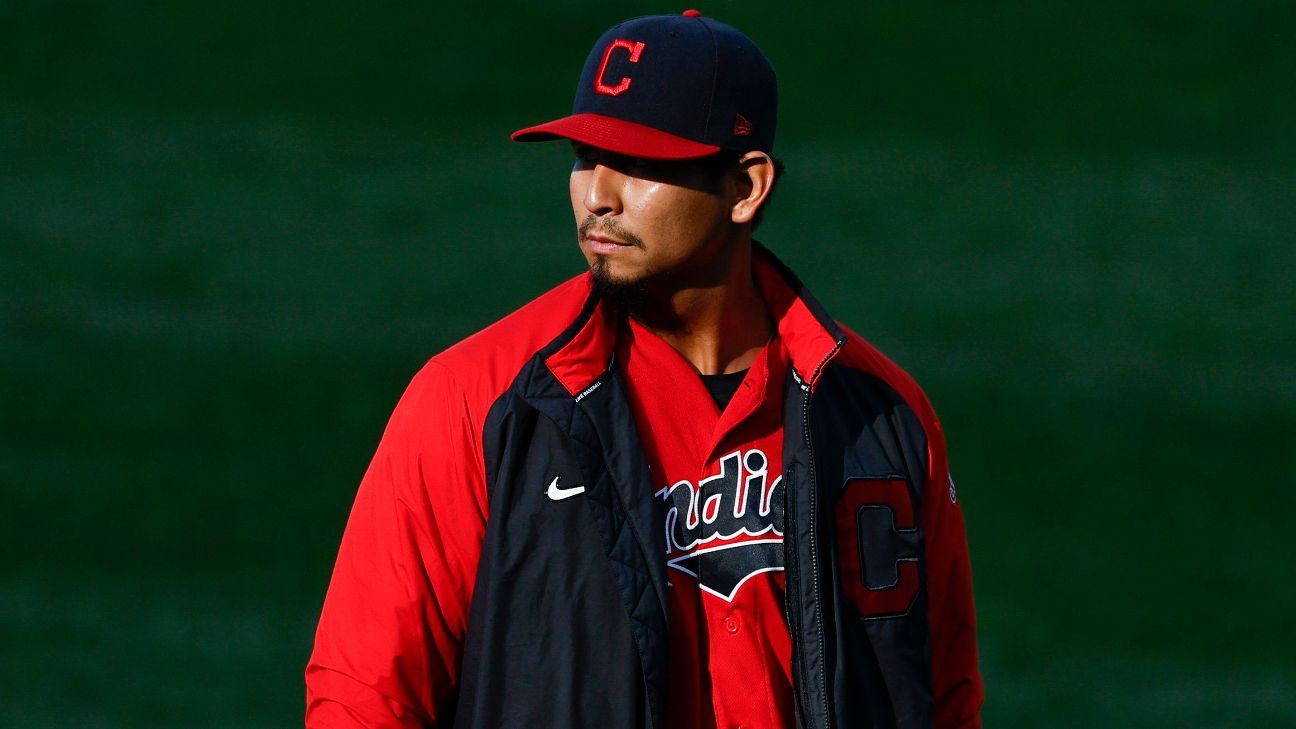For those who believe modern society has grown soft and that’s why Cleveland’s baseball team no longer will be called the Indians in the near future, a quick history lesson.
In 1972, the athletic teams at Stanford, one of the preeminent schools in the United States, were known as the Indians. Following the objections of a group of Native American students, university ombudswoman Lois Amsterdam supported them in a blistering critique: “Sensitivity and awareness do not come easily when childish misrepresentations in games, history books and motion pictures make up a large part of our experience.” The university president concurred. And like that, however noble the original intentions of the nickname may have been, however strong the association between fans and the name was, the Stanford Indians were no more.
What has happened in the past six months — first Washington’s NFL team dropping the Redskins nickname (and pretense) and this week, Cleveland planning to rid itself of its nickname like it already has the associated logo — may feel novel and progressive, a function of enlightenment, a declaration of wokeness. It is none of these things. It is a reminder that the same reasonable argument Amsterdam proffered has been around for half a century, and the highest levels of sports simply ignored it. The fact that Washington and Cleveland lasted with their nicknames as long as they did is a pathetic failure.
The controversial nicknames remained because they were brands, and corporations will go to extraordinary lengths to protect brands. The notion that they were protecting their history is a canard. The idea that because some Native Americans aren’t bothered by the nicknames that makes them appropriate is equally specious. The only consistent thing about those who bemoan nickname changes is they stop caring and get over it.
Stanford runs arguably the most successful athletic program in the country, evidenced by its 25 consecutive Learfield IMG College Directors’ Cups — an annual award given to the best overall athletic department. Dartmouth in 1974 dropped its Indians nickname, saying it found “use of the [Indian] symbol in any form to be inconsistent with present institutional and academic objectives of the College in advancing Native American education.” William & Mary abandoned it in 1977, St. Bonaventure in 1979 and Louisiana-Monroe in 2006. Over the past 50 years, no fewer than 15 colleges in the United States have dropped the nickname Indians in favor of something less polarizing and found that sports can, in fact, survive without racist caricatures and unnecessary monikers.
I say this having grown up in Cleveland during the Indians’ should’ve-been dynasty in the 1990s. It’s the team that taught me to love baseball, and I’ll never look at them, or at what they achieved, as anything other than the Indians being great. The Cleveland baseball team from 1915 to 2020 always will carry that name. History cannot and should not be erased.
At the same time, it need not be honored or lamented or continued, good memories be damned. The news that Cleveland is changing its name, first reported by The New York Times, bothered a number of my childhood friends. Cleveland’s baseball team was the Indians — the Tribe — and it always would be. They recognized their stubbornness. They didn’t care.
And that’s fine. It’s easy to see how someone might treat this like a death. Fandom is so full of emotions, so jam-packed with memories, so replete with associations that taking away a name triggers an emotional response of loss. It registers to some like the thievery of those emotions, memories, associations. It is a direct assault on something near and dear.
It is also just a name. And perhaps the best way to explain what’s happening is that the Indians are dying so Cleveland baseball can live. Sure, they could have remained the Indians — drawing the ire of commissioner Rob Manfred, running the risk that advertisers might abandon them, standing on principle to protect what, exactly? A brand that was perhaps irrevocably broken? It’s easy to understand why Washington and Cleveland did what they did now. The nicknames were toxic goods.
If the stakeholders can reach that point, why is it so hard for others to get there? Why does the reason for changing the name need to be nefarious, or some indictment on what’s wrong with the world, or anything other than what Stanford and Dartmouth and plenty of other schools sought, which was prioritizing the feelings of those whom the nickname can hurt over those it doesn’t?
When those whom Native American imagery and names offends criticize the use of it, don’t just hear what they’re saying. Listen to why they’re saying it. It’s not an attack or assault on your sports team; it’s one on their personal heritage. And for anyone who cares to propose the ineffably stupid argument that this is nothing more than a slippery slope to banning all sorts of other nicknames, well, please, big-brained friend, explain how exactly anything else in sports perpetuates ugly stereotypes the way the big-nosed, big-toothed, always-smiling Chief Wahoo did.
It doesn’t, and the only good thing is that the disingenuousness of the people who twist themselves into pretzels trying to argue the virtues of Native American imagery and names in sports tends to fade over time. Nicknames change and fandom doesn’t. The most mulish people excepted, they love the Washington Football Team every bit as much as they did the team that lost its nickname, and they’ll love the rebranded Cleveland baseball team as much as they did the Indians.
Anyone who wastes time and energy grieving for the Cleveland Indians oughta prioritize better. If you’re going to get angry about something that actually matters, save it for when they trade Francisco Lindor.

